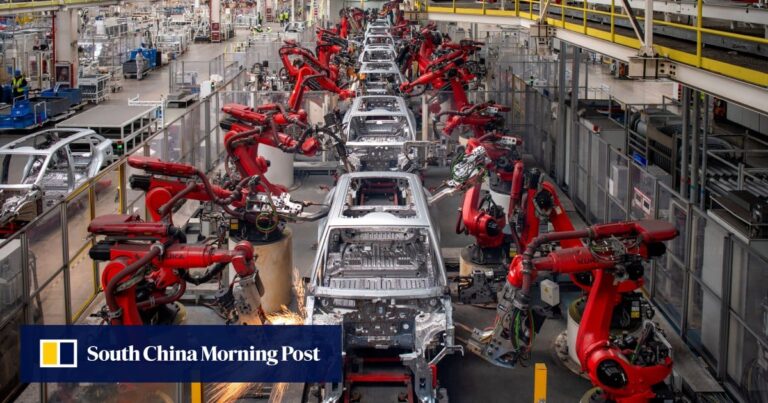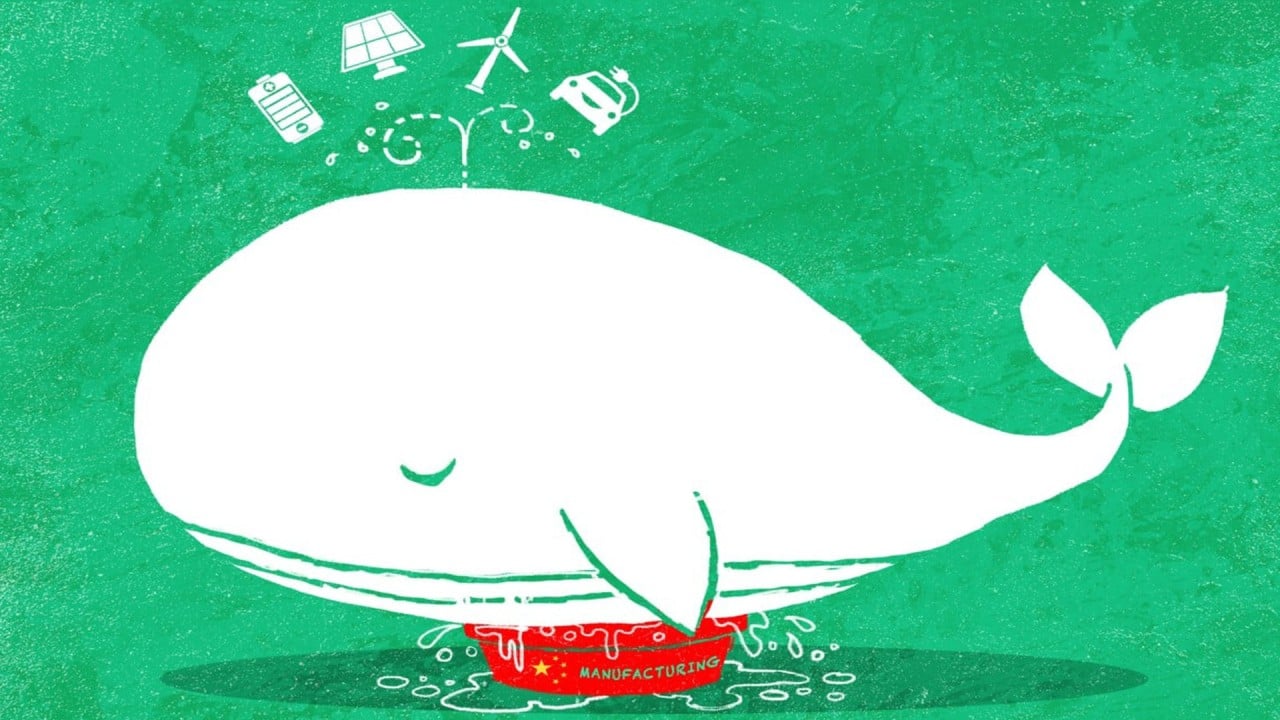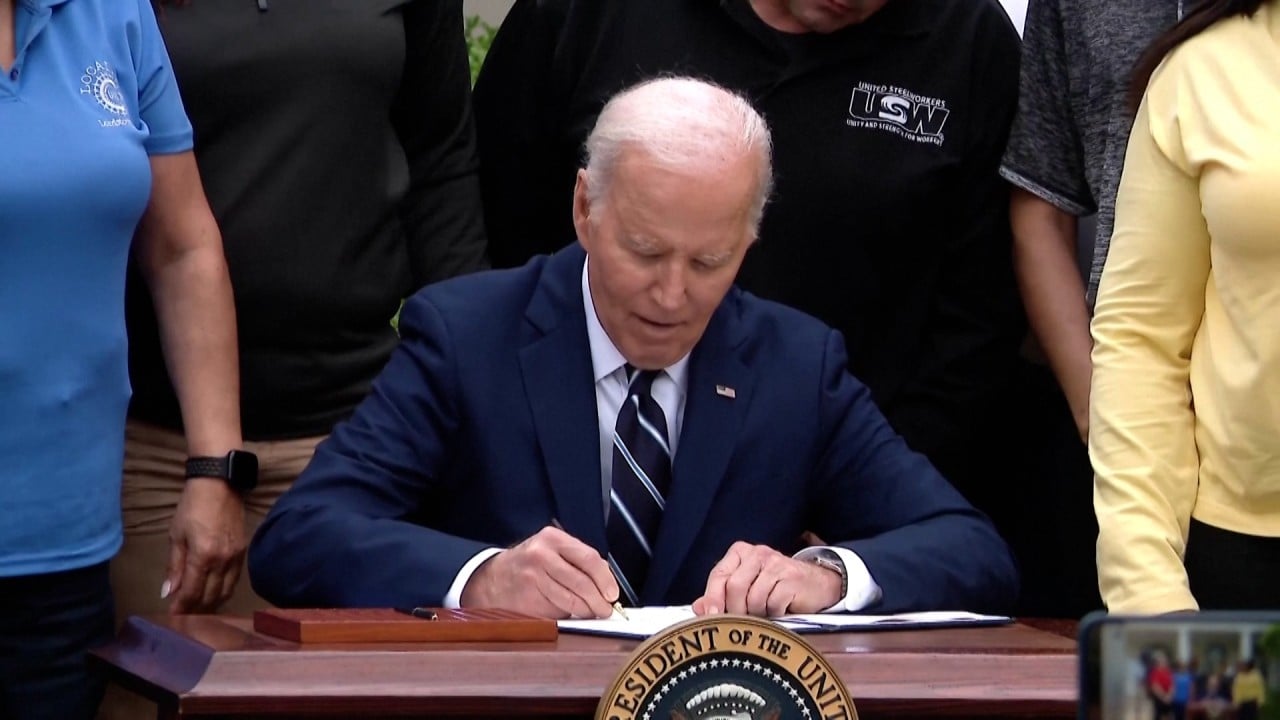The rate will be added to an existing 10 percent import tariff on vehicles not included in the investigation, bringing the total rate to 31 percent from July 4. The Commission will then have four months to impose permanent tariffs.
As a result, Chinese-made EVs are generally more expensive in Europe, and given the lower-than-average prices given to BYD and Geely, European brands that build in China face the unusual situation of their Chinese models being even more price-competitive than before.
For example, imports from the Volkswagen-SAIC joint venture will be subject to a 48.1% tariff when the new rates are added to the current rates. The joint venture doesn’t currently export much to Europe, and the huge import tariffs mean that exports probably won’t increase in the future.
“We will now engage with the Chinese authorities and all parties involved to conclude this investigation,” EU Trade Minister Valdis Dombrovskis said.
EU sources did not rule out the possibility of negotiating a deal with Beijing before the tariffs become permanent in November, but so far they believe China has been unwilling to discuss the substance of Europe’s complaints.
The four-month-long discussions are due to begin on Thursday, when member states will meet with the commission in its trade and defence committee.
Some capitals have already expressed anxiety about imposing tariffs on imports, but removing them faces difficulties as a majority of EU member states based on population would have to vote against making the tariffs permanent in November.
“The European Commission is politicizing and weaponizing economic and trade issues by holding high the flag of green development in one hand and brandishing the stick of ‘protectionism’ in the other,” China’s Commerce Ministry said in a scathing statement after the tariffs were announced.
“China will closely monitor future developments in the EU and resolutely take all necessary measures to resolutely safeguard the legitimate rights and interests of Chinese enterprises,” it added.
The EU tariffs are an average calculated based on subsidies found at three Chinese automakers: BYD, SAIC and Geely.
The tariffs apply to both Chinese brands and Western brands made in China, but Tesla has already applied for a reduction in the tariffs, arguing that it receives less subsidies than the companies under investigation. This is the subject of a new investigation by the European Commission, and for now Tesla will have to pay the full tariffs. If the request is successful, the company could be refunded the difference.
EU member states with large car industries are thought to be ready to fight the European Commission over the introduction of permanent tariffs in November.
Germany, home to big brands like Volkswagen, BMW and Mercedes-Benz, many of which have voiced opposition, is expected to lead the pushback and has already launched an intense lobbying campaign against the tariffs. Sweden, home to Volvo and Polestar, now owned by Geely Automobile, is also among those opposed.
“Isolation and illegal tariff barriers only end up making everything more expensive and everyone poorer,” German Chancellor Olaf Scholz said over the weekend. “We will not close our markets to foreign companies, because we don’t want that for our companies either.”
Business groups were quick to respond to the findings, which made headlines in Europe and China.
The China-EU Chamber of Commerce, a lobbying group representing several Chinese EV makers, described it as a “witch hunt” and expressed “shock, deep disappointment and profound dissatisfaction with this protectionist measure.”
The Federation of German Industry (BDI) supported the investigation amid loud protests from German car makers.
“There is a consensus in German industry that China’s state-controlled hybrid economic system operates according to different standards. It makes sense for the EU to also use defensive measures consistently,” said Wolfgang Niedermark, a member of the BDI executive board.
“The focus now is on keeping the negative impacts on international supply chains and European companies as low as possible. European companies have no interest in an escalation of the trade dispute with China.”



